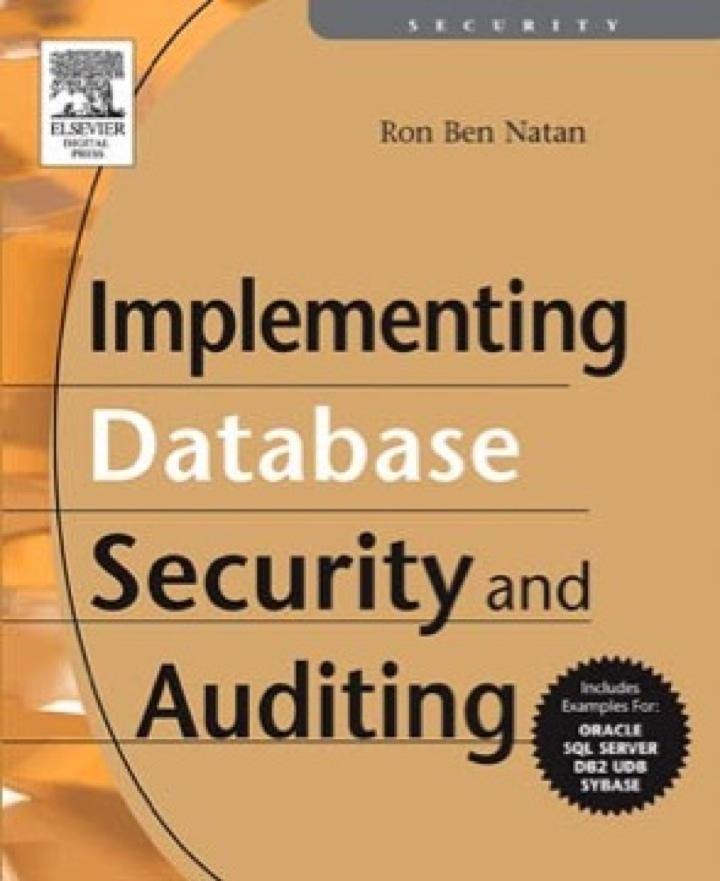Question
On January 1, Year 4, A Company purchased 70% of the outstanding common shares of B Limited for $13,300. On that date, Bs shareholders equity
On January 1, Year 4, A Company purchased 70% of the outstanding common shares of B Limited for $13,300. On that date, Bs shareholders equity consisted of common shares of $1,250 and retained earnings of $6,500.
- In negotiating the purchase price at the date of acquisition, it was agreed that the fair values of all of Bs assets and liabilities were equal to their carrying amounts, except for the following:
Carrying Amount Fair Value
Inventory $2,300 $2,400
Equipment 2,700 3,200
The financial statements for A and B for Year 9 were as follows:
BALANCE SHEETS
At December 31, Year 9
A B
Cash $ 1,540 $ 980
Accounts receivable 4,000 2,250
Inventory 3,600 4,250
Property, plant, and equipmentnet 4,540 3,210
Investment in B 13,300 -
Total $ 26,980 $ 10,690
Current liabilities $ 4,560 $ 680
Long-term liabilities 4,300 1,630
Common shares 7,500 1,250
Retained earnings 10,620 7,130
Total $ 26,980 $ 10,690
STATEMENTS OF INCOME AND RETAINED EARNINGS
For year ended December 31, Year 9
A B
Sales $ 22,900 $ 8,440
Cost of sales 15,200 3,680
Gross profit 7,700 4,760
Other revenue 1,820
Selling and administrative expenses (1,040) (620)
Other expenses (5,520) (2,240)
Income before income taxes 2,960 1,900
Income tax expense 1,000 840
Net income 1,960 1,060
Retained earnings, beginning of year 10,620 7,050
Dividends paid (1,960) (980)
Retained earnings, end of year $ 10,620 $ 7,130
Other Information:
- Both companies use FIFO to account for their inventory and the straight-line method for amortizing their property, plant, and equipment. Bs equipment had a remaining useful life of 10 years at the acquisition date.
- Goodwill is not amortized on a systematic basis. However, each year, goodwill is evaluated to determine if there has been a permanent impairment. It was determined that goodwill on the consolidated balance sheet should be reported at its recoverable amount of $1,300 on December 31, Year 8, and $1,110 on December 31, Year 9.
- During Year 9, inventory sales from B to A were $5,900. As inventories contained merchandise purchased from B for $3,400 at December 31, Year 8, and $4,500 at December 31, Year 9. B earns a gross margin of 50% on its intercompany sales.
- On January 1, Year 5, A sold some equipment to B for $3,000 and recorded a gain of $360 before taxes. This equipment had a remaining useful life of eight years at the time of the purchase by B.
- A charges $50 per month to B for consulting services and has been doing so throughout Years 8 and 9.
- A uses the cost method of accounting for its long-term investment.
- Both companies pay taxes at the rate of 40%.
- Amortization expense is grouped with selling and administrative expenses, and impairment losses are grouped with other expenses.
Required:
(a) Prepare the schedule showing the calculation and allocation of the acquisition differential at the date of As purchase of Bs shares on January 1, year 4.
(b) Prepare a schedule showing the annual amortizations in years 4 to 9 of the fair value adjustments that occurred at the purchase date and the adjustments each year to goodwill for the annually determined permanent impairments of goodwill.
(c) Prepare a calculation of consolidated net income for year 9.
(d) Prepare the consolidating journal entries required for year 9.
(e) Prepare the Consolidated Income Statement for Year 9.
(f) Prepare the Consolidated Balance Sheet as at December 31, Year 9.
Step by Step Solution
There are 3 Steps involved in it
Step: 1

Get Instant Access to Expert-Tailored Solutions
See step-by-step solutions with expert insights and AI powered tools for academic success
Step: 2

Step: 3

Ace Your Homework with AI
Get the answers you need in no time with our AI-driven, step-by-step assistance
Get Started


